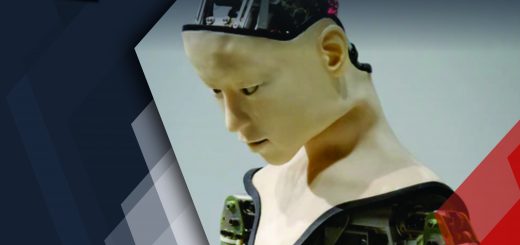Patent Prosecution Outsourcing: Why Corporates and Law Firms Must Engage Strategic Partners
Patent prosecution is the process of drafting, filing, and negotiating with the U.S. Patent and Trademark Office (USPTO) in order to obtain patent protection and rights for an invention. The patent prosecution process typically begins with a patent search that allows an inventor to determine whether it is worth the cost of moving forward. This process also entails arguing for patentability of the invention when an office action is received from an examiner at the respective patent office.
In order to conduct the prosecution process effectively, practitioners who are involved in patent prosecution must have patent law knowledge and a technical understanding of the domain of an invention. The following article explains why corporates and law firms must engage strategic partners in patent prosecution.
Table of Contents
Role of Corporates in Patent Prosecution
Corporates generally develop services and/or products for consumers. Oftentimes, people in corporates are technically sound and have thorough knowledge of the technology of a specific service and/or product they have developed or have been developing. However, they do not have sufficient patent law knowledge to prepare a response to the office action that they receive for their patent application.
While it is possible for them to overcome this limitation by training each person on patent law and getting them to draft office action responses, this process is costly and can hamper the quality of responses. Additionally, setting up an in-house IP unit is also not favorable for them due to different business constraints such as budget and time. Thus, corporates work with law firms for handling IP-related matters such as patent drafting and patent prosecution.
Role of Law Firms in Patent Prosecution
Many law firms with attorneys/lawyers specialize in patent law – rules for securing and enforcing legal rights to inventions, designs and artwork. The attorneys have legal qualifications and legal skills/expertise to help inventors and/or their organizations in patent protection.
However, when it comes to patent prosecution, activities during the process focus on specialized technologies. That is why attorneys are required to have a good technical understanding to provide logical and technical analysis to overcome rejections in the office action. For instance, an attorney is required to perform a comparison with prior-art references in the office action to determine whether the invention is both novel and non-obvious.
Limitations that Law Firms Face During Patent Prosecution
- Technical Qualifications: Despite having legal experience, law firms and attorneys at times may face challenges while handling patent prosecution for technical organizations. This is because not all attorneys have the technical background and qualifications. At times, even having a technical qualification may not be enough. Some inventions are focused on specialized technical areas and patent prosecution for such inventions can be more challenging for lawyers. For instance, for an invention dealing with nanotechnology, an attorney may need to develop a fair understanding of it.
- Impact on Regular Operations: Though lawyers/attorneys may still handle patent prosecution for technical areas, it can come with a price. The legal practitioner may spend an ample amount of time and effort in digging out information on that technology. This practice can hinder regular operations and work process of the law firm, putting the business at stake. For instance, the patent law firm might lose its competitive edge over other law firms. So, handling of the technical-oriented patent prosecution may degrade business values of law firms.
However, this does not mean there’s no solution to the problem. Corporates and law firms often seek assistance from IP outsourcing companies that have expertise in this niche area. The following paragraphs explain how outsourcing patent prosecution process can be useful for both entities.
Outsourcing At Your Rescue
With a variety of services available, law firms, as well as corporates, can overcome the above-mentioned challenges by outsourcing patent prosecution to the right hands. There are IP firms with patent specialists who have technical qualifications for handling patent prosecution in a variety of technological areas. The graphic below explains why law firms and corporates can outsource patent prosecution to strategic partners.

- Well-trained and Technically Skilled IP Specialists: IP specialists have technical agility and quality to handle patent prosecution pertaining to a variety of technical aspects.
- In-depth Analysis: IP specialists,withtheir technical knowledge, perform an in-depth analysis to develop a correct understanding of the invention as well as prior art references cited by the examiner.
- Strategic Approach: The in-depth analysis helps in the construction of strategy to overcome rejections and objections in an office action.
Conclusion
As patent specialists handle patent prosecution pertaining to different technical aspects, law firms get the time and resources to focus on core business areas. Outsourcing helps them to carry out smooth execution of critical projects, gain an edge in the market and generate maximum profit. Similarly, outsourcing prosecution process enables corporates to ensure high-quality technical analysis of the office action and reduction in the cost of patent prosecution. This is because high quality technical analysis expedites patent prosecution and patent grant. Furthermore, it helps corporates to save the upfront cost of training people on patent prosecution.
Sagacious IP’s strategic patent prosecution services allow businesses to build a comprehensive patent portfolio and secure inventions adequately. Our team of highly qualified patent practitioners offers cost-effective and flexible patent prosecution support plans.
-Neha Malia, Binarani Devi (ICT Drafting and Prosecution) and the Editorial Team




